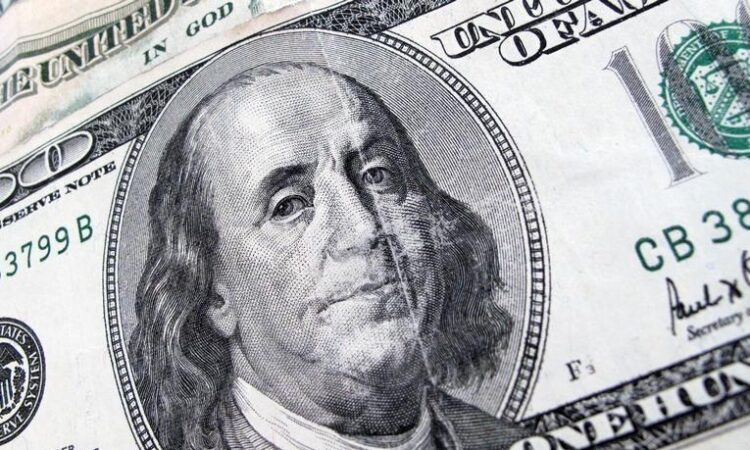
TOKYO: The dollar remained under pressure on Wednesday after retreating from a nearly three-month high against the euro in the previous session, with a decline in U.S. bond yields adding to the drag.
Analysts pointed to technical factors for the dollar’s pullback, following a two-day rally of as much as 1.4% against Europe’s shared currency after unexpectedly strong U.S. jobs data and more hawkish rhetoric from Federal Reserve Chair Jerome Powell scuppered bets for an early interest rate cut.
U.S. Treasury yields also turned down from highs overnight on solid demand at a sale of new three-year notes, removing some support for the dollar.
The dollar edged lower to $1.0761 per euro in Asia trade on Wednesday, after retreating 0.1% on Tuesday, when it had earlier touched the strongest level since Nov. 14 at $1.0722.
The U.S. dollar index – which measures the currency against six major peers, including the euro – was flat at 104.12, following Tuesday’s 0.29% slide. It had reached the highest since Nov. 14 at 104.60 on Monday.
“The U.S. dollar can be excused for being the weakest FX major on Tuesday, as it simply looks like a retracement against that bullish two-day move between Friday and Monday,” said Matt Simpson, senior market analyst at City Index.
“But let us not lose sight of the fact that the U.S. dollar index retains a bullish daily structure,” and a pullback to 103.50 could set it up for another leg higher, he said.
The dollar was steady at 147.975 yen, after sliding 0.49% overnight. The currency pair tends to be extremely sensitive to moves in Treasury yields.
Analysts and traders highlight next Tuesday’s U.S. CPI data as a key test for Fed rate bets.
Traders are currently pricing in a 21.5% chance of a cut in March, the CME Group’s FedWatch Tool shows, compared with a 68.1% chance at the start of the year.
“Financial markets are in the process of recalibrating their expectations for Federal Reserve policy,” said James Kniveton, senior corporate forex dealer at Convera.
“If positive economic data, particularly on inflation, persists in the U.S., the tide could turn towards earlier rate cuts, potentially weakening the greenback further.”
(Reporting by Kevin Buckland; Editing by Shri Navaratnam and Kim Coghill)
